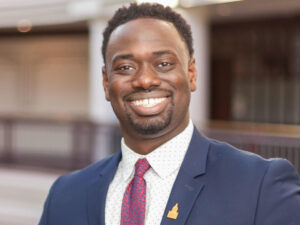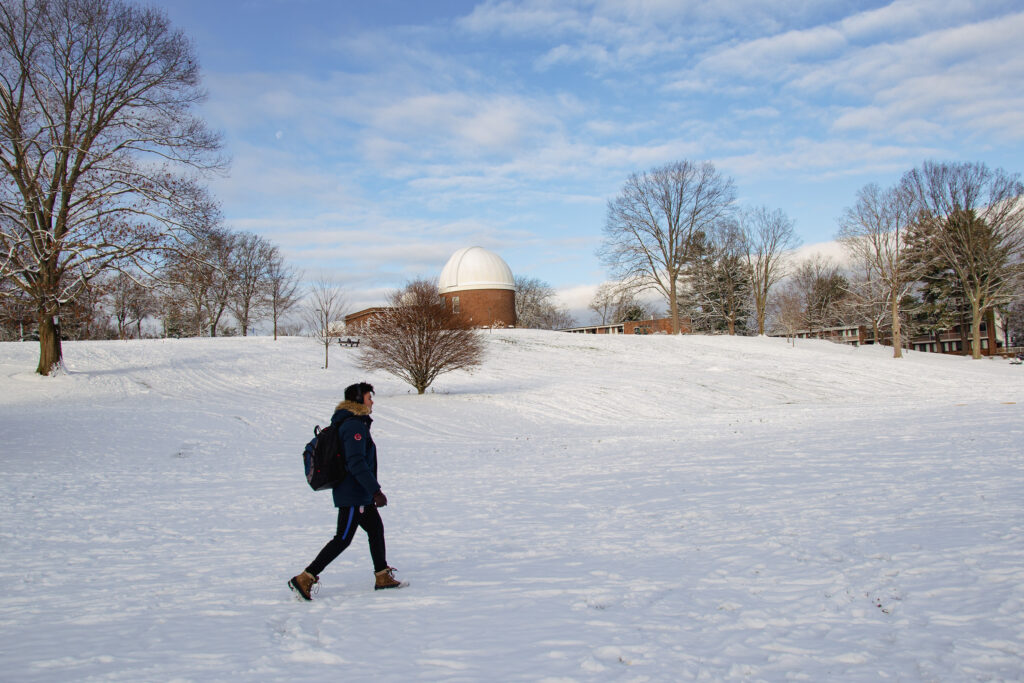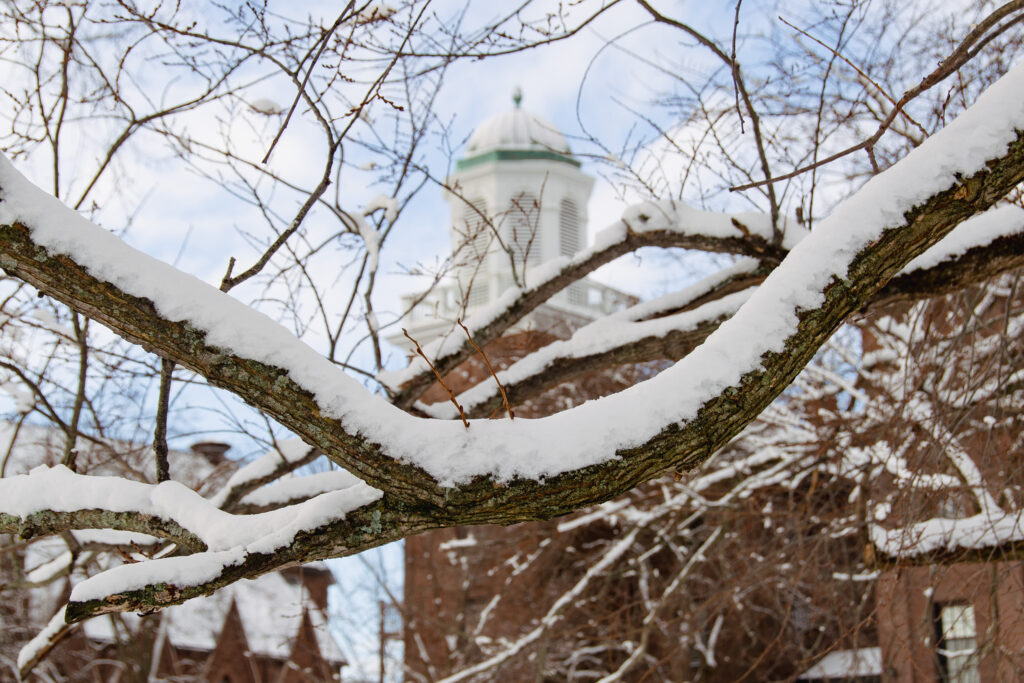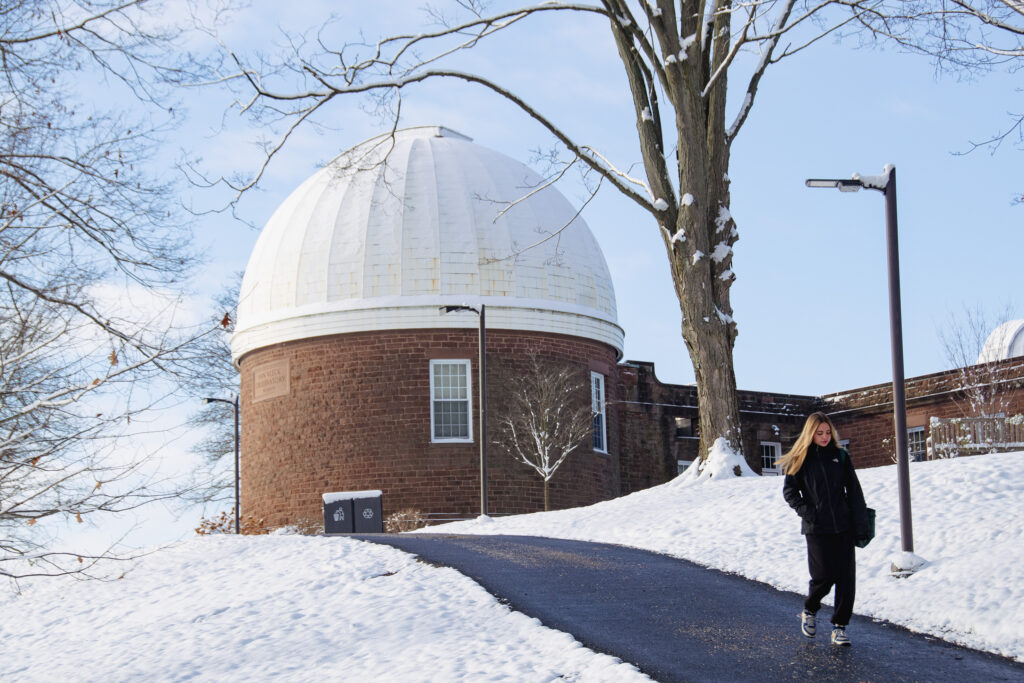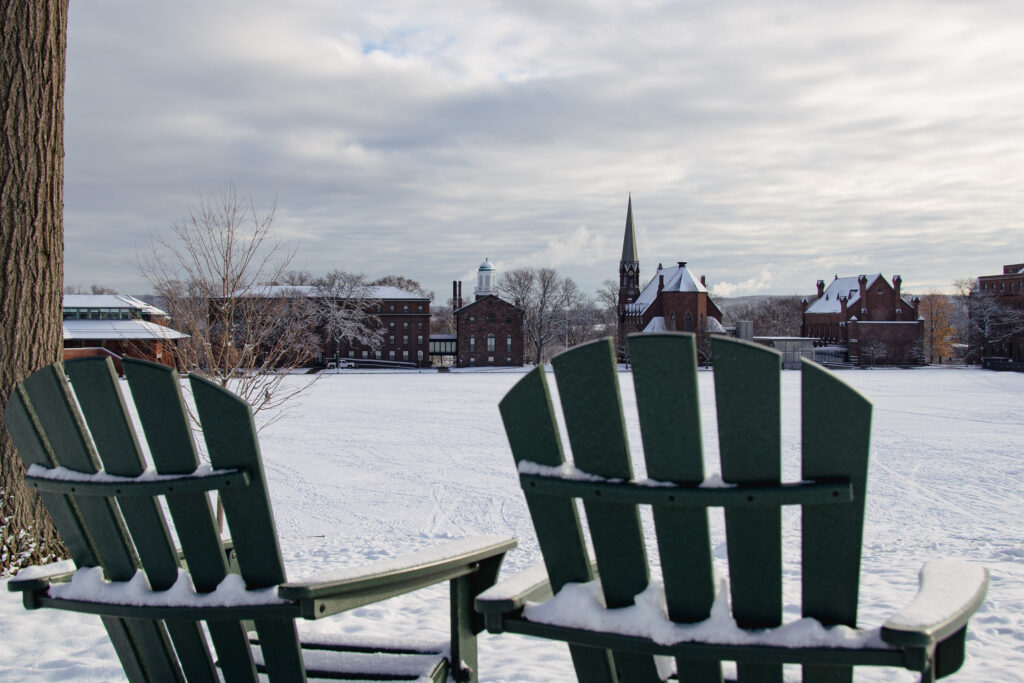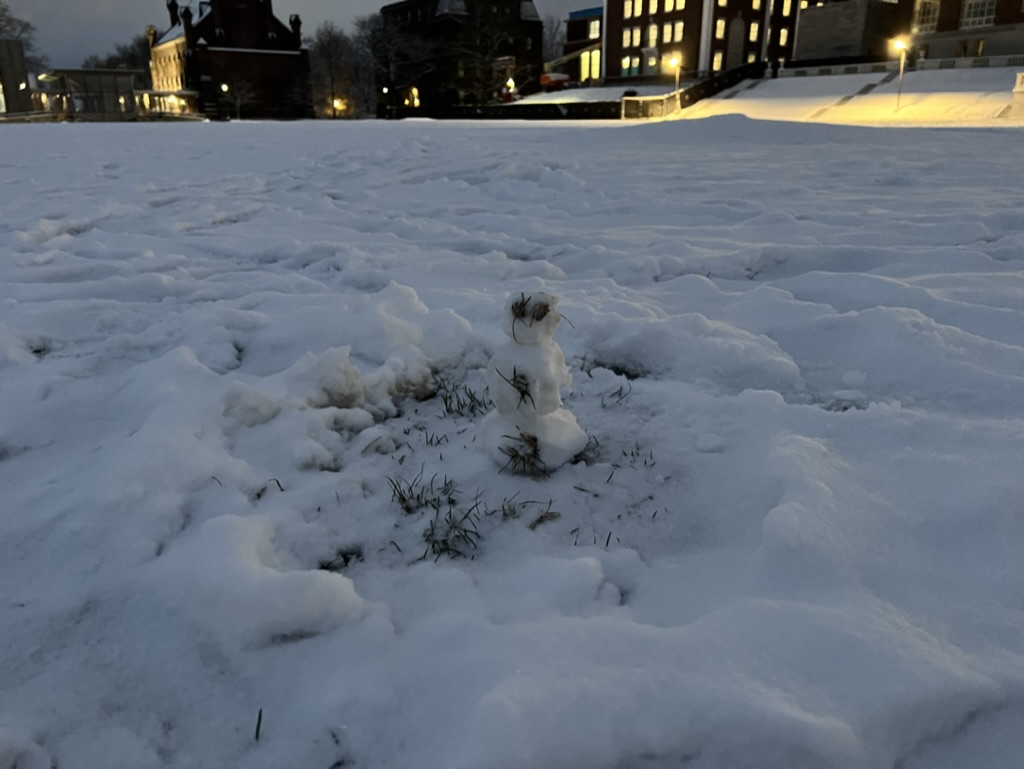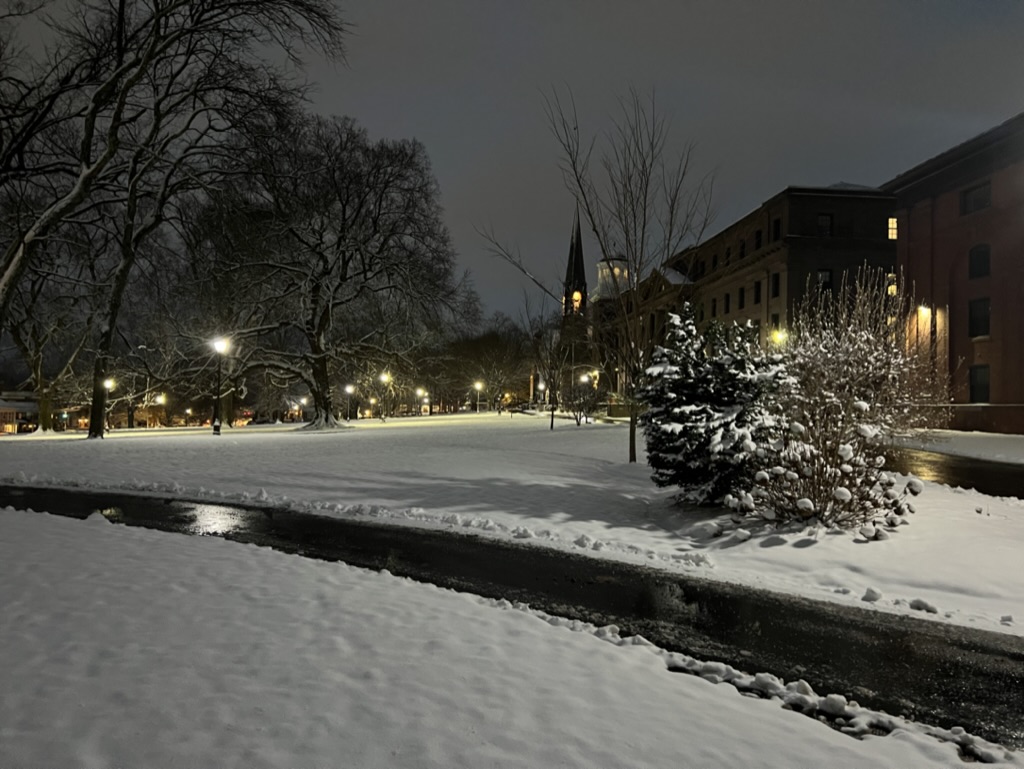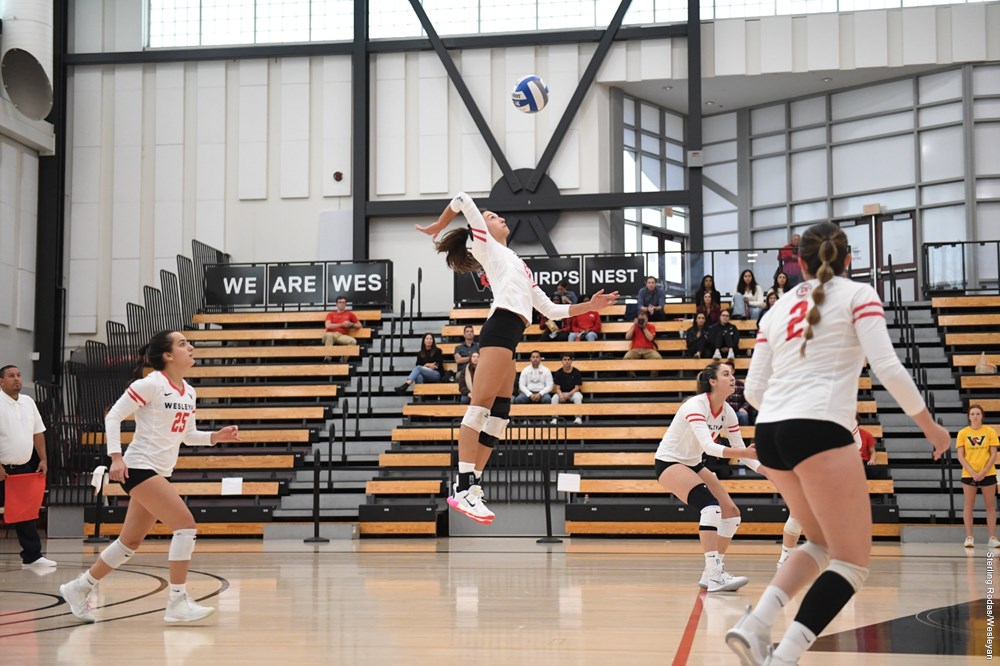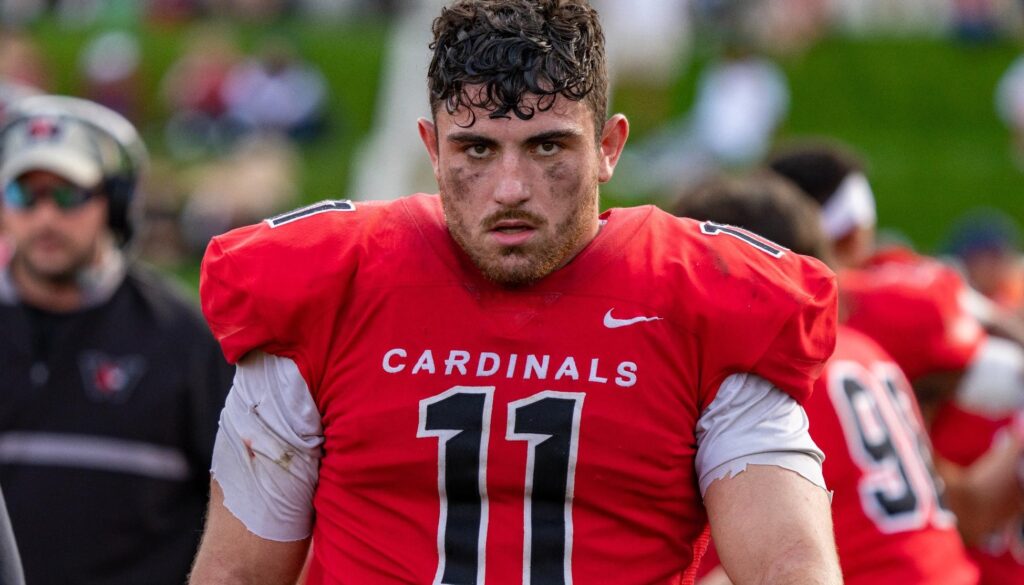Last week, The Washington Post published my review of philosopher Costica Bradatan’s new book on failure and humility. I thought it might be of interest to many of you.
At the start of his latest book, “In Praise of Failure: Four Lessons in Humility,” the philosopher Costica Bradatan notes without chagrin that when we consider our origins and our ultimate fate, humans are not very impressive. We are designed to fail, he emphasizes, and death is the framework for all our attempts to make something of ourselves. In a previous book, “Dying for Ideas,” he considered how philosophers across the ages wrestled with mortality. In “In Praise of Failure,” he looks at how various thinkers — Seneca, Mohandas Gandhi, Simone Weil, Emil Cioran, Yukio Mishima — detached themselves from an obsessive drive for worldly success by reckoning with failure and death. Bradatan wants us to grasp how striving to succeed prevents us from dealing with our mortality and hence from living a more meaningful life.
One hears plenty of voices these days singing the praises of failure, but Bradatan is not to be confused with those Silicon Valley types who drone on about an “iterative process,” aiming to “fail better.” Those folks like to quote a snippet of Samuel Beckett in this regard, but, observes Bradatan, the stern Beckett actually proposed something much more pessimistic: “Fail worse again. Still worse again. Till sick for good. Throw up for good.” Bradatan quotes this passage approvingly because he despairs of those who would co-opt the idea of failure into some happy tale of ultimate progress. Reading this most interesting philosopher, I was reminded of a Bob Dylan lyric: “There’s no success like failure, and … failure’s no success at all.”
The French thinker Simone Weil brooked no happy tales. She was attracted to suffering and has attracted readers somehow satisfied by her failure to find anything satisfying. Weil was moved to help those in distress but was quite inept at doing so; and since she was writing during the Nazi occupation, there was plenty of distress to go around. Still, her identification with suffering has struck many of her readers as noble, and Bradatan thinks she had mystical insight into the ways that things fall apart. All things. Always. Weil developed the notion of “decreation,” which is “to make something created pass into the uncreated,” thus getting closer to God. The things of our world are products of the Fall, and by giving up on the material world we “give back to God what is properly his.” Bradatan sees a radical humility in Weil’s luxuriating in suffering; another might see mostly mystical arrogance in her insistence that by abjecting herself she approached the divine.
The second tale of failure concerns politics, and here Bradatan is especially good at showing the hypocrisy of leaders who proudly display their humility. Front and center is Gandhi, who worked very hard at showing that he was giving up working for anything like material success. He lived a very public life of renunciation to inspire those around him to find meaning in their poverty. Bradatan quotes one of the great Indian leader’s aides who bemoaned how expensive it was to keep the Mahatma in poverty. Political leaders who become inordinately powerful, Bradatan emphasizes, are those who tell stories that satisfy their community’s desire for meaning. Going beyond Gandhi, he shows that the most dangerous stories are those that ground that meaning in a violent attack on an enemy, a scapegoat. The leader is the opposite of that enemy, embodying the patriotic virtues to which the community aspires. The moral is that the search for political purity is always dangerous.
The third tale of “In Praise of Failure” explores how we frame “the losers,” the people who just can’t measure up to the standards of the world around them. The doctrine of predestination is particularly tough in this regard since it deems losers those whom God has not selected for salvation. There is nothing the losers can do, though many wind up striving for worldly success because they imagine this is the way to prove they are among God’s chosen. The central figure of this chapter is the idiosyncratic Romanian writer Emil Cioran, for whom Bradatan has enormous sympathy. Like Weil, Cioran has terrible judgment and seems incompetent at everything but writing (especially about his incompetence). But whereas Weil found something divine in her failures, Cioran was content to trace the human dimensions of not being able to do anything right. “Only one thing matters,” he wrote: “learning to be the loser.” I don’t understand why Bradatan finds something redemptive in this embrace of failure, but the Cioran he presents is an entertaining, aphoristic writer whose pessimism becomes comedic, and the ability to laugh in the face of inevitable failure is for Bradatan a very good thing.
The fourth and final tale in the book concerns, you guessed it, death. A concern with mortality hovers over all of Bradatan’s writing, and in this section of “In Praise of Failure” he underscores that “nothing in the world compares to what we experience when we face the ultimate failure: our own death.” This is the kind of thing that a great many thinkers have said for a very long time, and here Bradatan selects two: the Roman Stoic Seneca and the Japanese novelist Mishima. Although separated by millennia, the two men are joined by the strong desire to make a good death. Bradatan tells us about the complexities and hypocrisies of each and how both, despite years of planning, botched their suicides in gory, if not obscene, ways. But he respects their willingness to consider (even choreograph) their deaths in detail, even if this didn’t seem to help all that much when the final moments came.
Bradatan wears his erudition lightly. He is a pleasure to read, and his prose conveys a happy resilience in the face of life’s inevitable contradictions. His lessons in humility remind us that the pursuit of success is often motivated by the dread of failure — and that our attempts to create things are often driven by an avoidance of our mortality. The Stoics considered fear of death to be debilitating, and Bradatan emphasizes that fear of failure can sap the meaning from our lives. It doesn’t have to be this way, he assures us.
Acknowledging that we are designed to fail might lead us to live more joyfully and meaningfully, whatever our origins and ultimate fate.
Michael S. Roth is president of Wesleyan University. His latest book is “Safe Enough Spaces: A Pragmatist’s Approach to Inclusion, Free Speech and Political Correctness on College Campuses.”
In Praise of Failure
Four Lessons in Humility
By Costica Bradatan
Harvard. 273 pp. $29.95



